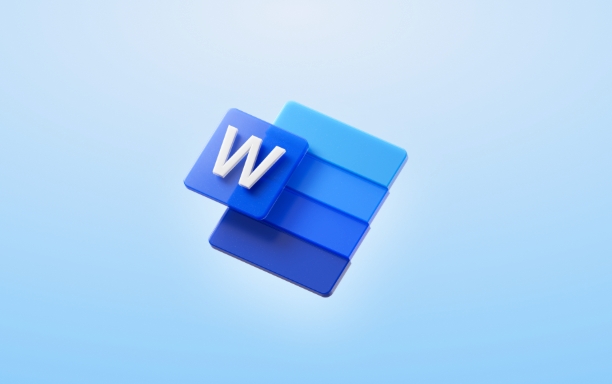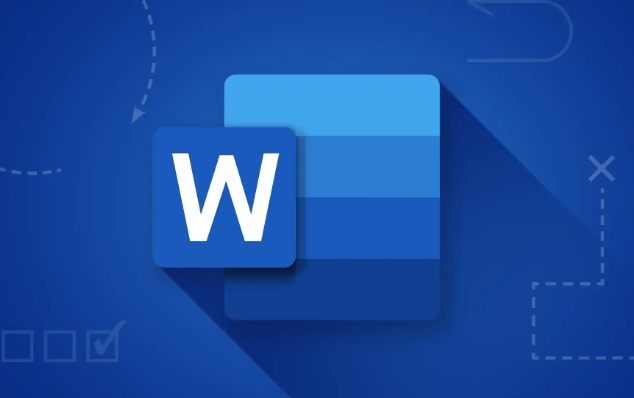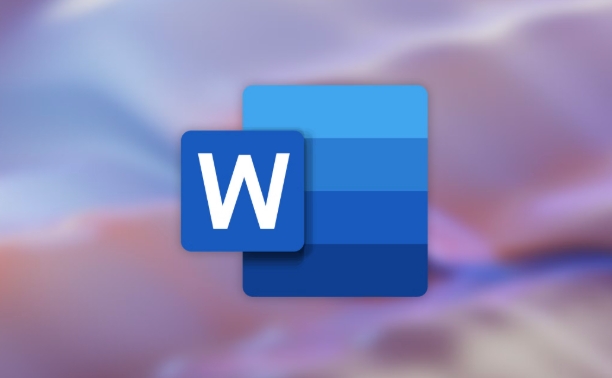To create tags in Word from Excel tables, you need to use the mail merge function to operate in sequence. The steps are as follows: 1. Prepare Excel data, ensure that the column title is clear, there are no empty rows and merged cells, and check the correctness of the format; 2. Select the "Mail" tab in Word, click "Label" and select or customize the label size; 3. After connecting the Excel file, insert the corresponding field to the label template and adjust the format; 4. After the preview result is correct, select the printing option to print, pay attention to confirm that the printer settings match the template. Follow this process to complete the tag creation smoothly.

Creating labels in Word from an Excel sheet is actually a pretty straightforward process once you know the steps. The key idea here is using Word's mail merge feature, which lets you pull data (like names and addresses) from Excel and automatically place them onto label sheets.

Step 1: Prepare Your Excel File
Before jumping into Word, make sure your Excel file is properly set up. Each column should represent a piece of information that will go on the label—like name, address line 1, city, state, and ZIP code.

- Make sure there are no blank rows or columns in your data
- Avoid using merged cells—they can mess with the merge process
- Save the file as a regular .xlsx or .xls format
It's also a good idea to double-check for typos or formatting issues, especially in address fields. These small mistakes can cause big headaches later when printing.
Step 2: Set Up Word for Mail Merge
Now open Word and start a new document. Go to the Mailings tab at the top. If you don't see it, make sure you're in a blank document—not a template or form letter.

From there:
- Click Labels
- Choose the label vendor and product number (eg, Avery L7163)
- Click Options if you need to customize label dimensions or create a custom template
Once your label size is selected, click New Document . This opens a blank label sheet layout ready for merger.
Step 3: Connect to Your Excel Data
Back in the Mailings tab, click Select Recipients , then choose Use an Existing List . Browse your computer and select your Excel file.
After connecting the data:
- Click Insert Merge Field to add fields like First Name, Last Name, Address, etc.
- Place each field where you want it on the label
- Use Enter between lines to format the address correctly
For example, your label might look like this after inserting fields:
?First? ?Last? ?Address1? ?City?, ?State? ?ZIP?
You can adjust fonts and spacing just like normal text in Word.
Step 4: Preview and Print
Once the labels are laid out, use the Preview Results button to scroll through your entries and check for any errors. If everything looks good:
- Click Finish & Merge , then choose Print Documents
A print dialog will pop up—you can select whether to print all labels or just specific ones.
Make sure your printer is set up for label paper and that the page orientation matches what your label template expects (usually portrait).
That's basically how it works. It's not complicated once you've done it a couple times, but it's easy to trip up if your Excel file isn't clean or if you pick the wrong label size. Just take it step by step and double-check your data before hitting print.
The above is the detailed content of how to create labels in Word from an Excel sheet. For more information, please follow other related articles on the PHP Chinese website!

Hot AI Tools

Undress AI Tool
Undress images for free

Undresser.AI Undress
AI-powered app for creating realistic nude photos

AI Clothes Remover
Online AI tool for removing clothes from photos.

Clothoff.io
AI clothes remover

Video Face Swap
Swap faces in any video effortlessly with our completely free AI face swap tool!

Hot Article

Hot Tools

Notepad++7.3.1
Easy-to-use and free code editor

SublimeText3 Chinese version
Chinese version, very easy to use

Zend Studio 13.0.1
Powerful PHP integrated development environment

Dreamweaver CS6
Visual web development tools

SublimeText3 Mac version
God-level code editing software (SublimeText3)

Hot Topics
 How to Use Parentheses, Square Brackets, and Curly Braces in Microsoft Excel
Jun 19, 2025 am 03:03 AM
How to Use Parentheses, Square Brackets, and Curly Braces in Microsoft Excel
Jun 19, 2025 am 03:03 AM
Quick Links Parentheses: Controlling the Order of Opera
 Outlook Quick Access Toolbar: customize, move, hide and show
Jun 18, 2025 am 11:01 AM
Outlook Quick Access Toolbar: customize, move, hide and show
Jun 18, 2025 am 11:01 AM
This guide will walk you through how to customize, move, hide, and show the Quick Access Toolbar, helping you shape your Outlook workspace to fit your daily routine and preferences. The Quick Access Toolbar in Microsoft Outlook is a usefu
 Google Sheets IMPORTRANGE: The Complete Guide
Jun 18, 2025 am 09:54 AM
Google Sheets IMPORTRANGE: The Complete Guide
Jun 18, 2025 am 09:54 AM
Ever played the "just one quick copy-paste" game with Google Sheets... and lost an hour of your life? What starts as a simple data transfer quickly snowballs into a nightmare when working with dynamic information. Those "quick fixes&qu
 6 Cool Right-Click Tricks in Microsoft Excel
Jun 24, 2025 am 12:55 AM
6 Cool Right-Click Tricks in Microsoft Excel
Jun 24, 2025 am 12:55 AM
Quick Links Copy, Move, and Link Cell Elements
 Don't Ignore the Power of F9 in Microsoft Excel
Jun 21, 2025 am 06:23 AM
Don't Ignore the Power of F9 in Microsoft Excel
Jun 21, 2025 am 06:23 AM
Quick LinksRecalculating Formulas in Manual Calculation ModeDebugging Complex FormulasMinimizing the Excel WindowMicrosoft Excel has so many keyboard shortcuts that it can sometimes be difficult to remember the most useful. One of the most overlooked
 Prove Your Real-World Microsoft Excel Skills With the How-To Geek Test (Advanced)
Jun 17, 2025 pm 02:44 PM
Prove Your Real-World Microsoft Excel Skills With the How-To Geek Test (Advanced)
Jun 17, 2025 pm 02:44 PM
Whether you've recently taken a Microsoft Excel course or you want to verify that your knowledge of the program is current, try out the How-To Geek Advanced Excel Test and find out how well you do!This is the third in a three-part series. The first i
 How to recover unsaved Word document
Jun 27, 2025 am 11:36 AM
How to recover unsaved Word document
Jun 27, 2025 am 11:36 AM
1. Check the automatic recovery folder, open "Recover Unsaved Documents" in Word or enter the C:\Users\Users\Username\AppData\Roaming\Microsoft\Word path to find the .asd ending file; 2. Find temporary files or use OneDrive historical version, enter ~$ file name.docx in the original directory to see if it exists or log in to OneDrive to view the version history; 3. Use Windows' "Previous Versions" function or third-party tools such as Recuva and EaseUS to scan and restore and completely delete files. The above methods can improve the recovery success rate, but you need to operate as soon as possible and avoid writing new data. Automatic saving, regular saving or cloud use should be enabled
 5 New Microsoft Excel Features to Try in July 2025
Jul 02, 2025 am 03:02 AM
5 New Microsoft Excel Features to Try in July 2025
Jul 02, 2025 am 03:02 AM
Quick Links Let Copilot Determine Which Table to Manipu






